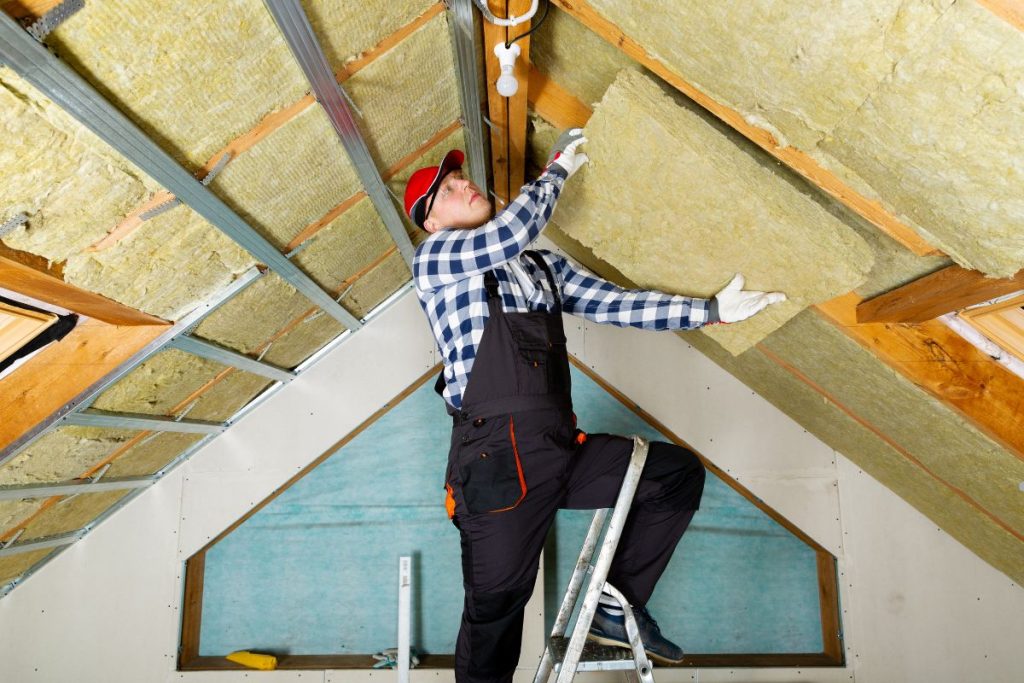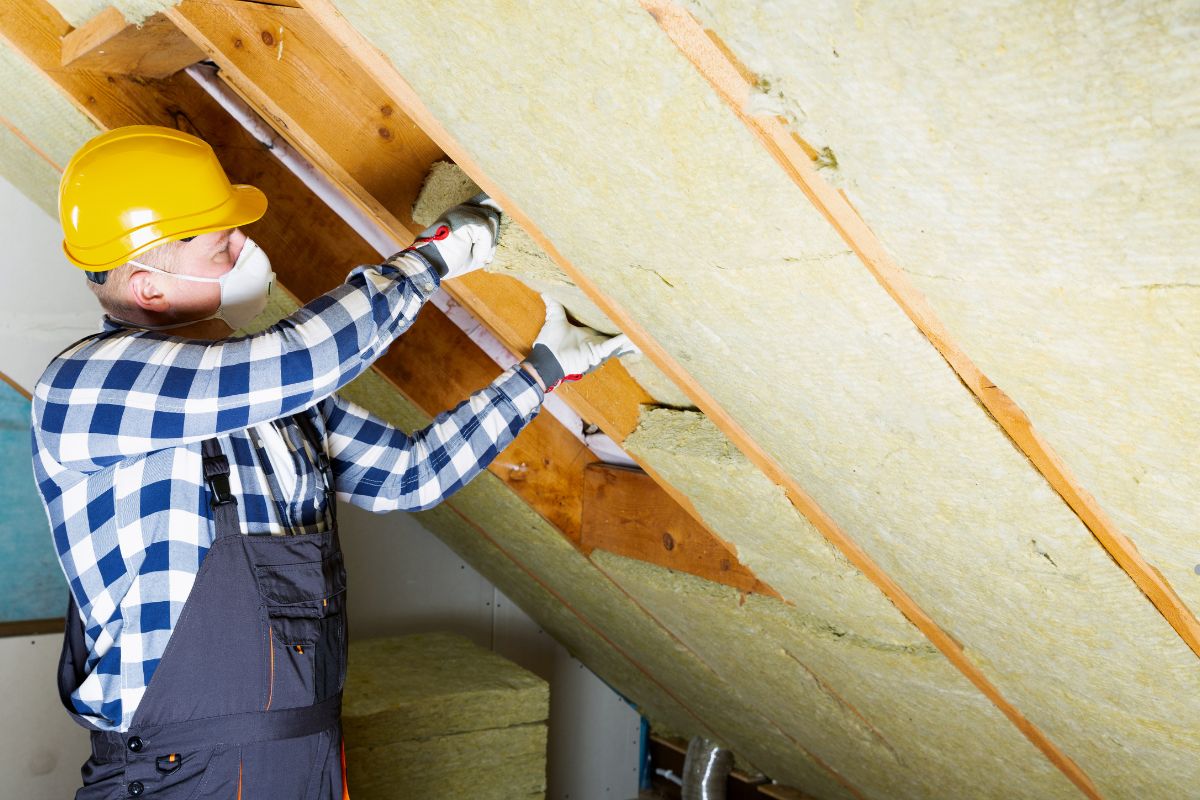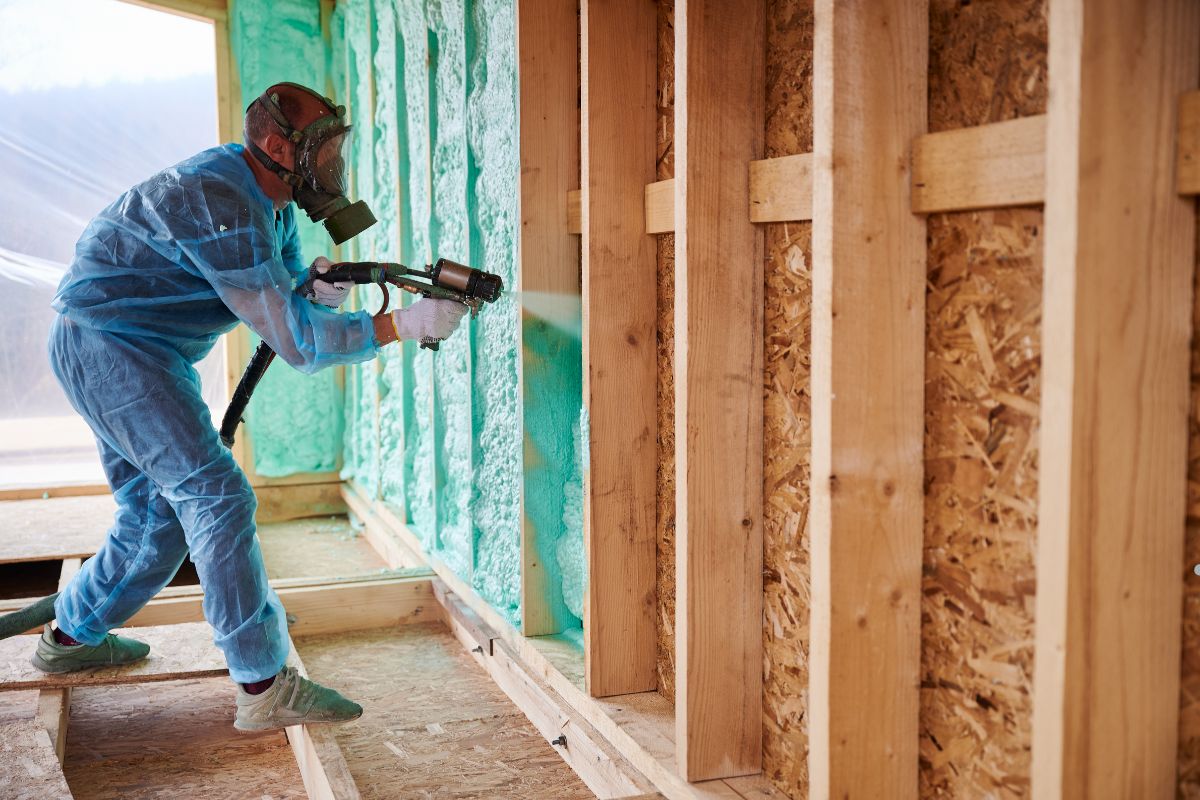
If you’re looking for the absolute best in home insulation, prepare for some sticker shock. The most expensive insulation tends to be spray foam (closed-cell), rigid foam, and vacuum insulated panels (VIPs), primarily due to their superior performance characteristics and specialized installation requirements. But before you dismiss them, understanding why they cost more and whether they’re the right choice for your specific needs is crucial. This guide will break down the factors influencing insulation costs, explore the priciest options available, and help you make an informed decision for your home.
Understanding Insulation Costs
Insulation costs aren’t just about the price tag of the material itself. Several factors influence the final cost of insulating your home. Let’s explore them:
- Material Type: As mentioned, different insulation materials have varying price points. Fiberglass batts are generally the most affordable, while spray foam and rigid foam command a higher premium.
- R-Value: The R-value indicates the insulation’s resistance to heat flow. Higher R-values mean better insulation, but they typically come with a higher cost. The R-value you need depends on your climate zone and local building codes.
- Installation Complexity: Some insulation types are easier to install than others. Fiberglass batts can often be a DIY project, while spray foam requires professional equipment and expertise.
- Availability: The local availability of specific insulation materials can impact pricing. Niche or specialized products may be harder to find and thus more expensive.
Explore Our Services to find the best insulation solutions for your needs!
The Most Expensive Insulation Materials

Now, let’s dive into the most expensive insulation options and why they come with a higher price tag:
- Spray Foam Insulation (Closed-Cell): This type of insulation is known for its exceptional air-sealing capabilities and high R-value. It expands to fill gaps and cracks, creating a tight barrier against air leakage. However, it requires professional installation and is significantly more expensive than other options.
- Rigid Foam Insulation: Rigid foam boards offer excellent insulation performance and are often used for exterior walls and roofs. They are resistant to moisture and can provide a continuous insulation layer. Different types of rigid foam exist (e.g., XPS, EPS, polyiso), each with varying costs and R-values.
- Vacuum Insulated Panels (VIPs): These are the ultimate in insulation technology, offering extremely high R-values in a thin profile. They consist of a rigid core material encased in a vacuum-sealed envelope. VIPs are often used in specialized applications where space is limited, but their cost is very high.
Protect your electrical systems with our expert insulation services! We use high-quality materials for maximum safety and durability. Call us now for reliable solutions and professional assistance!
Comparing Insulation Options: Cost vs. Benefit
Choosing the right insulation involves weighing the cost against the potential benefits. While expensive insulation may offer superior performance, it might not always be the most cost-effective choice. Here’s a brief comparison:
| Insulation Type | Cost | R-Value | Benefits | Drawbacks |
|---|---|---|---|---|
| Fiberglass Batts | Low | Moderate | Affordable, easy to install | Lower R-value, prone to air leakage |
| Cellulose | Moderate | Moderate | Recycled content, good air sealing | Can settle over time |
| Spray Foam (Closed-Cell) | High | High | Excellent air sealing, high R-value | Expensive, requires professional installation |
| Rigid Foam | Moderate to High | High | Good insulation, moisture resistant | Can be more difficult to install |
Consider your budget, energy-saving goals, and the specific needs of your home when making your decision.
Professional Installation vs. DIY: Impact on Cost
While some insulation projects can be tackled as DIY projects, others require professional expertise. Hiring a professional insulation contractor can increase the upfront cost, but it can also ensure proper installation and maximize the insulation’s performance. DIY installations may save money initially, but they can lead to problems like air leakage, moisture damage, and reduced energy efficiency if not done correctly.
Materials with high insulation resistance include polymers (such as Teflon and epoxy), ceramics (like porcelain and alumina), glass, and mica. These materials have minimal electrical conductivity, making them ideal for preventing current leakage and ensuring safety. Selecting the right insulation material is crucial for the efficiency and longevity of electrical systems. Learn more about high insulation resistance materials and their importance in electrical applications.
Finding Affordable Insulation Options

Even if you’re on a budget, you can still find affordable insulation solutions. Here are some tips:
- Government Rebates and Incentives: Check for federal, state, and local rebates and incentives that can help offset the cost of insulation upgrades.
- Energy Audits: An energy audit can identify areas in your home where you’re losing energy and recommend the most cost-effective insulation improvements.
- Comparing Quotes from Local Contractors: Get quotes from multiple insulation contractors to compare prices and services.
Curious about the most expensive insulation options for your home? We provide expert advice and top-quality installation services. Call us now to find the best insulation solution for your needs!
Making the Right Insulation Choice
Choosing the right insulation involves considering your budget, energy-saving goals, and the specific needs of your home. While the most expensive insulation options offer superior performance, they might not always be the most cost-effective choice. By carefully evaluating your options and seeking professional advice, you can make an informed decision that will improve your home’s comfort and energy efficiency.
Frequently Asked Questions About Insulation Costs
What is the average cost of insulation?
The average cost of insulation varies widely depending on the type of insulation, the size of your home, and the complexity of the installation. It’s best to get quotes from local contractors for accurate pricing.
How much insulation do I need?
The amount of insulation you need depends on your climate zone and local building codes. Consult with an insulation professional to determine the appropriate R-value for your home.
Are there any tax credits for insulation?
Check with your local and federal government for any current tax credits or rebates for insulation upgrades.
Ensure maximum electrical safety with our expert insulation services! We use top-quality materials for high insulation resistance. Contact us today for reliable solutions and long-lasting performance.
